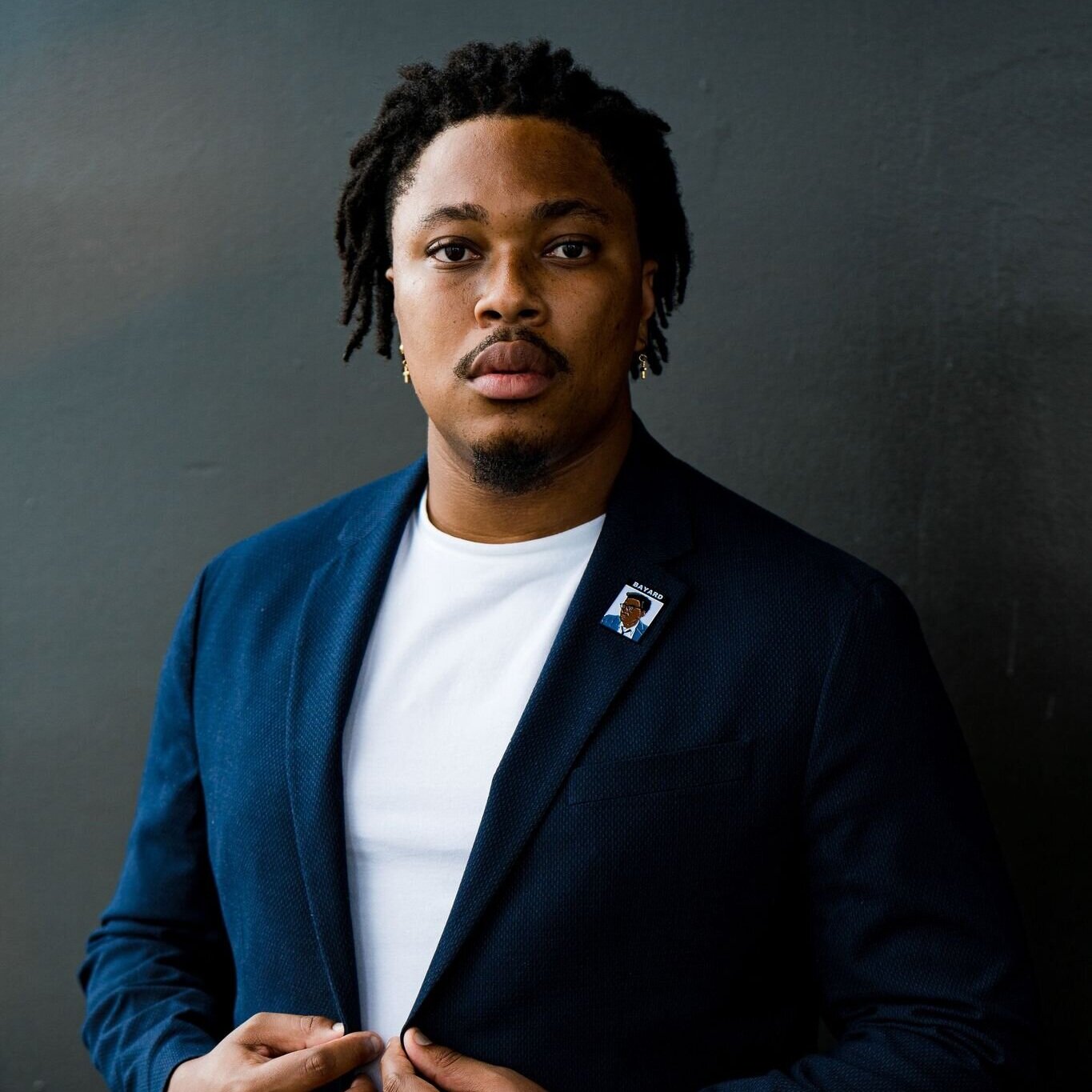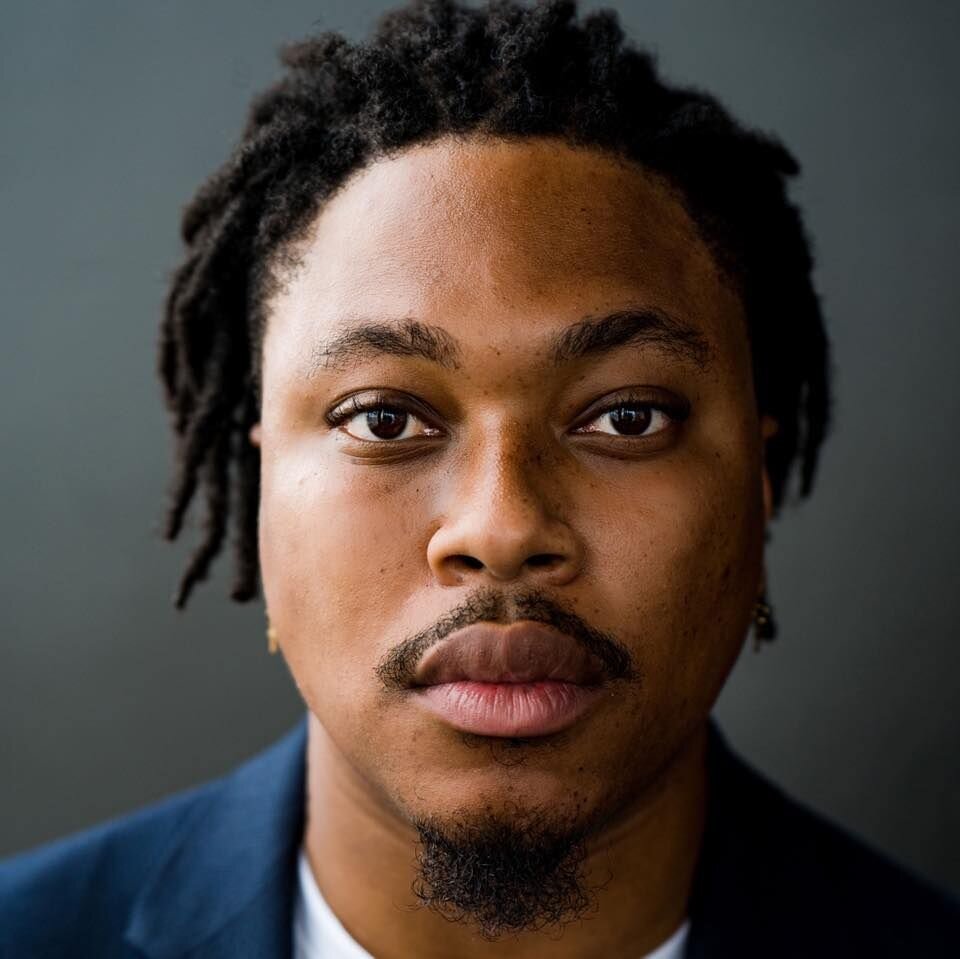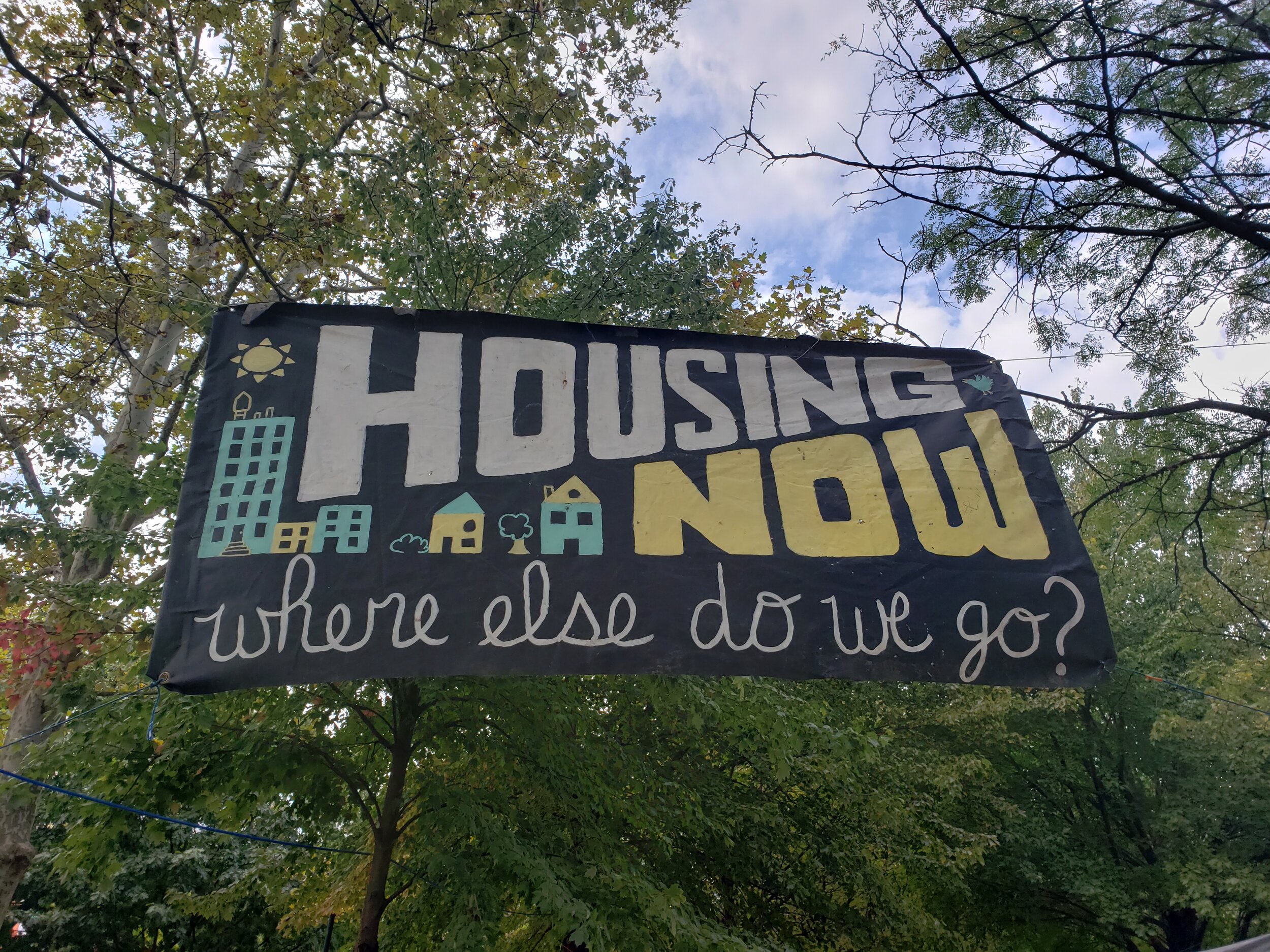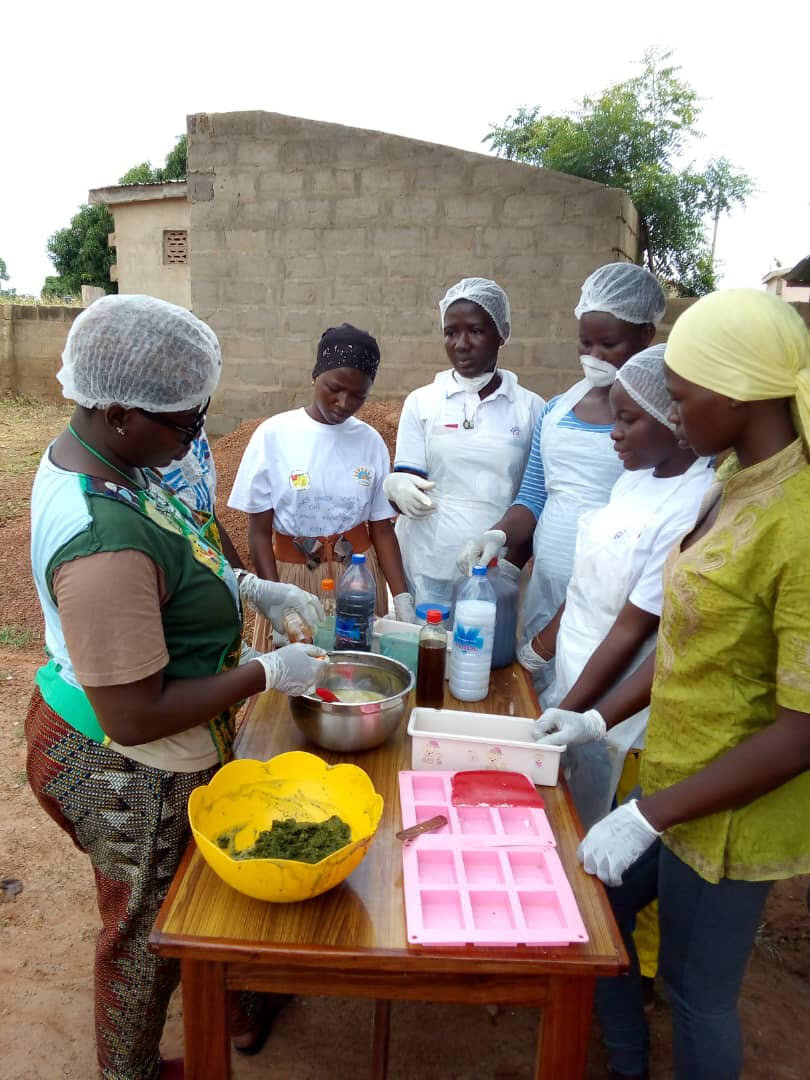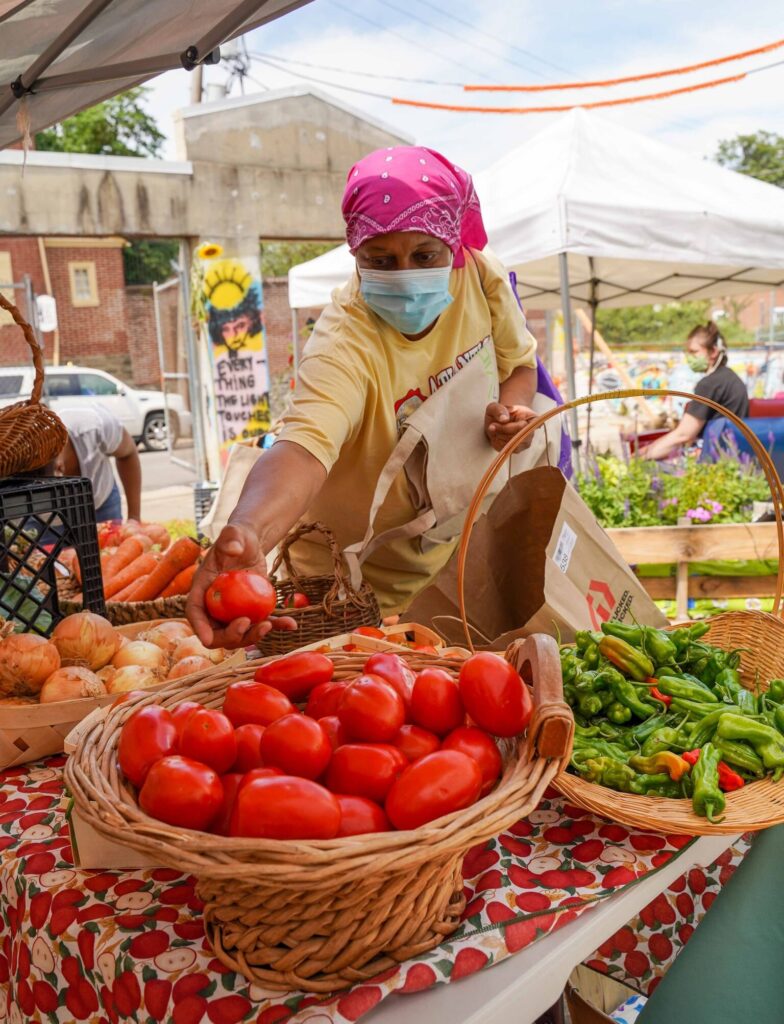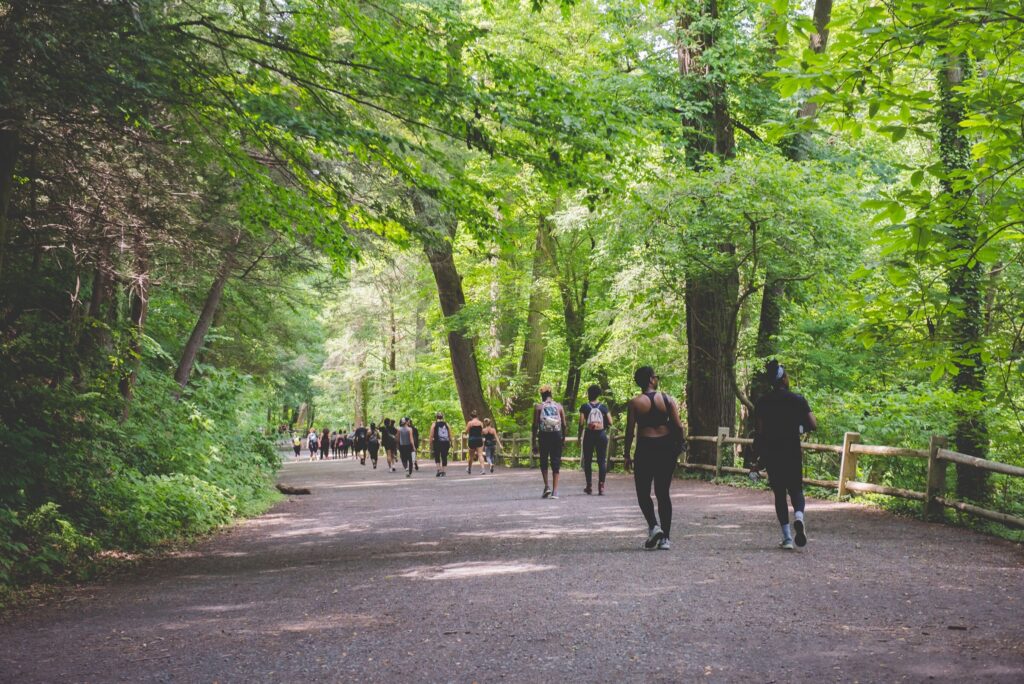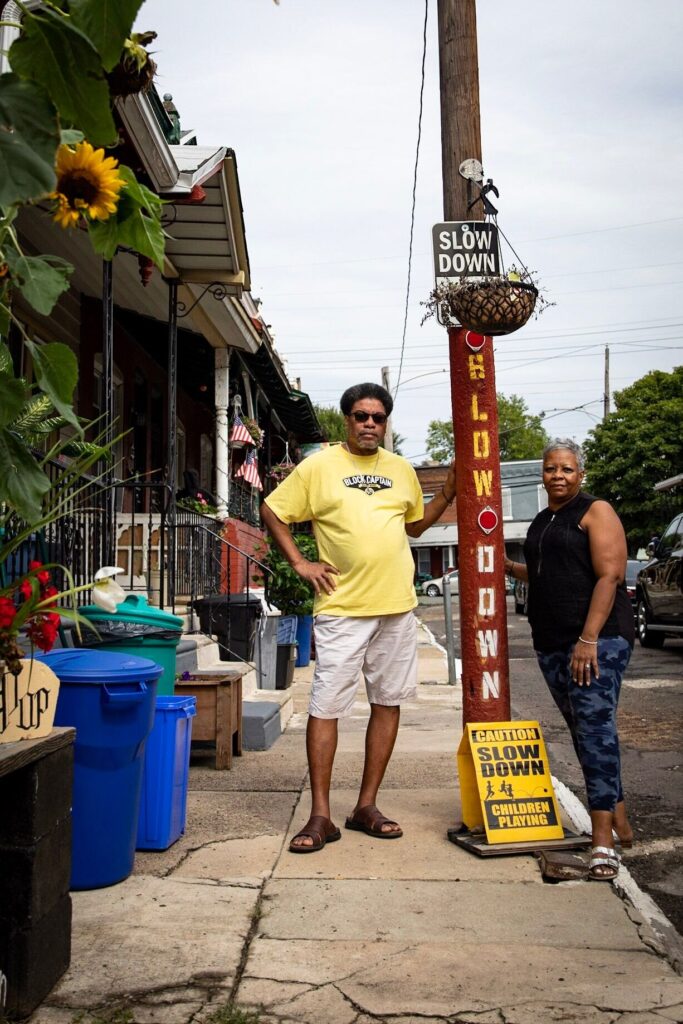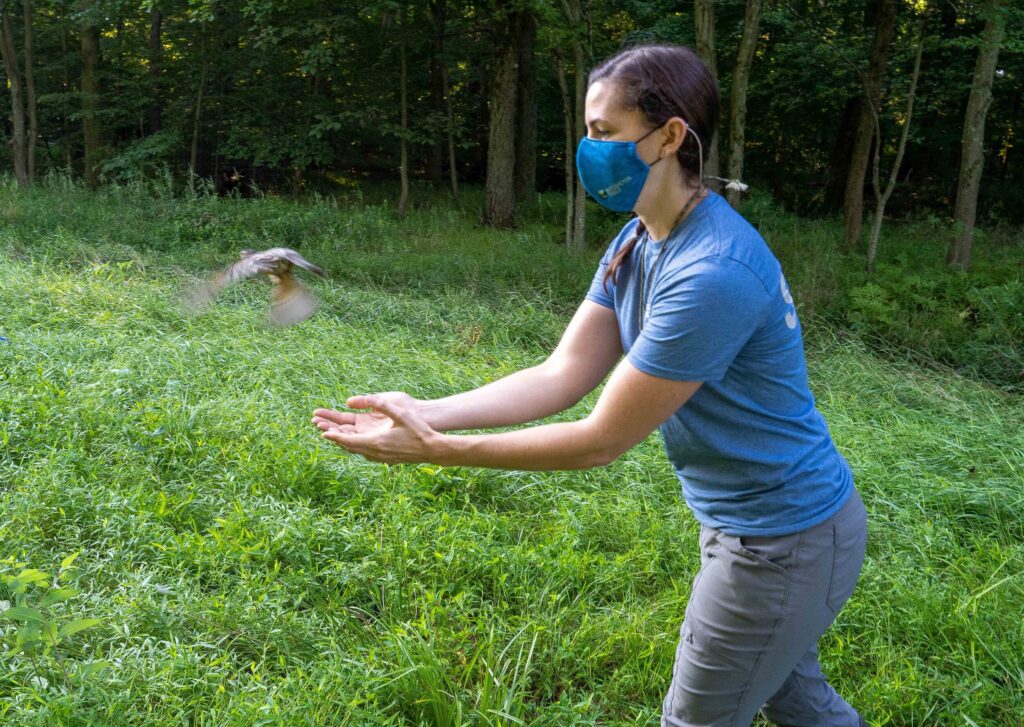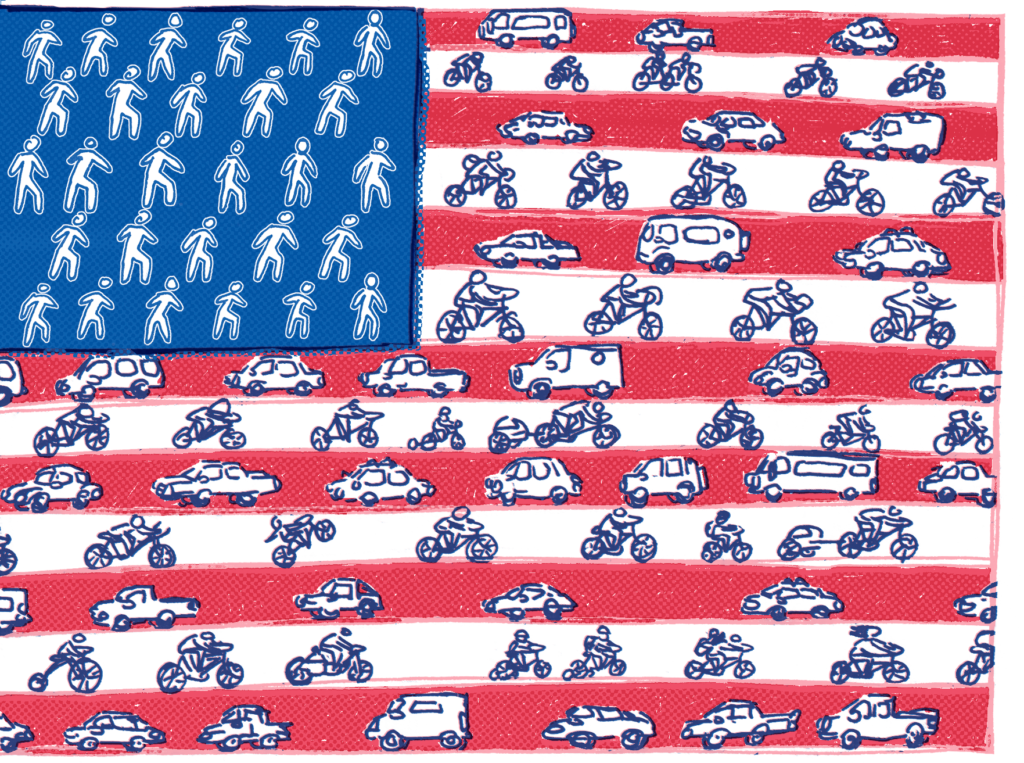Politics are personal to Malcolm Kenyatta, a third-generation community activist born and raised in North Philadelphia.
Kenyatta began his career in civic activism as a block captain at 11 years old, and he worked his way up the political ladder over the next few decades, studying political science at Temple and Drexel universities and serving as a consultant in numerous local elections before entering the ring himself. In 2017, Kenyatta announced his campaign for a seat in the Pennsylvania House of Representatives.
In November 2018, Kenyatta won the seat for the 181st district with more than 95 percent of the vote, becoming one of the youngest elected state representatives in Pennsylvania and the first openly gay person of color elected to hold a seat in the state’s history.
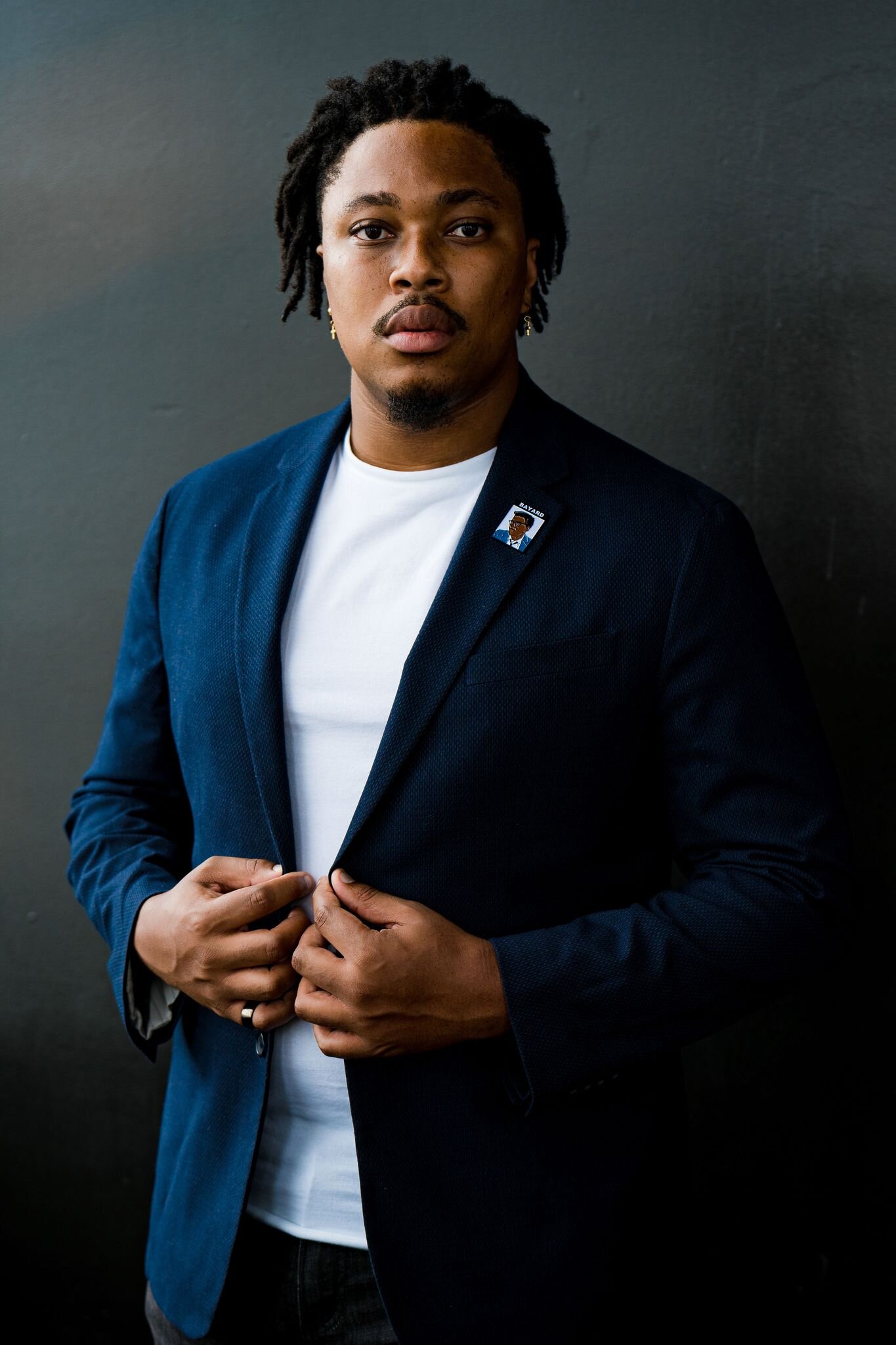
Since then he has made national headlines, calling out his Republican colleagues for failing to tell their Democratic colleagues that one of their members had tested positive for COVID-19 and for his passionate defense of service workers forced to go back to work in the midst of the pandemic.
In August, Kenyatta was selected by the Democratic National Convention as one of 17 Democratic “rising stars” across the country, and he served as a keynote speaker at the event, which culminated in Joe Biden accepting the party’s presidential nomination.
In the months leading up to the upcoming presidential election, we spoke to Kenyatta about his speech at the convention, his support for Joe Biden and why it’s important to get out and vote.
This interview has been edited for length, clarity and style.
The theme of this year’s Democratic National Convention was ‘leadership matters.’ You’re the first openly gay Black male to ever speak at the convention as a keynote, and also the first and only Black LGBTQ person elected to Pennsylvania’s state government. How does it feel to be a role model to all of the young people watching such historic achievements unfold for the very first time?
It’s so difficult for our young people to be something they can’t see, and so I recognize that there’s a lot of value of seeing somebody that shares parts of their lived experience on that stage. I really hope the takeaway is not, “Oh my god, look what Malcolm did,” but more importantly, “Oh my god, look what I can do.”
Folks have asked me, “How exciting has this been?” and, certainly, it’s exciting, but the real excitement will come years from now when there’s some young Black kid, young queer kid, young poor kid who said, “I could never run for office, I could never accomplish some of the things that I have my heart set on.” It’s going to be amazing for them to go and do it. That’s when I’m gonna feel that really deep sense of pride, when I see people looking at me not as a high watermark, but really as the beginning of a ripple effect that leads to more diverse people, in general, running for office … [and] being involved in our government.
How did it feel to be named a “rising star”?
I’ll leave those characterizations to others. I’m just focused on doing the work. In my neighborhood, I’ve been involved in this stuff since I was [a kid]. So I guess I say what a lot of people say: “It takes a long time to become an overnight success.”
You got your start in community service very early working with the Philadelphia Streets Department as a block captain, correct?
Yes, I was a junior block captain, and that really sparked not only my desire but sort of this belief that, “Oh my gosh, I can get involved in something, and really have an impact.” Once I felt that, it spiraled. Then there were bigger issues that I had the confidence to say, “Hey, I can use my voice, I can speak out and change the way things are done in this regard.”
You’re a third-generation activist, and also the son of a nurse and a social worker. What unique perspective has being from a working-class background provided you, and how did that translate into your early support of Joe Biden?
Folks who are closest to the pain have to be closest to the power. When you know what it means to get an eviction notice, to have your utilities cut off, to not know where your next meal is gonna come from, or how you’re gonna be able to pay for college or even, as a kid, to go on the school trip.
Those perspectives matter, and it feeds into the way I conduct business. It feeds into how I talk about policy, and how I prioritize marginalized people in our policy conversations, and I think Joe Biden also understands that. He was the poorest member of Congress for his entire career in the legislature. He talks at great length about his experiences with his father losing his job and then moving to Delaware from Pennsylvania, and how those things impacted how he looked at what a job means. And a job is not just about how much you make, it’s about knowing that you have a place in the community.
That really is a perspective I carry with me. A lot of the folks who have run and achieved office are millionaires, or at least incredibly well off. That factors into how they look at issues. I’m not saying they can’t empathize, but it’s one thing to empathize, it’s another thing to have the experience. I think that difference is meaningful.
“Folks who are closest to the pain have to be closest to the power.”
You’re a member of the governor’s Suicide Prevention Task Force and in May 2019, you co-sponsored legislation referred to as Phillip’s Law. Why is this issue so important, and what has the Biden campaign done to support Phillip’s Law?
[Editor’s note: According to Kenyatta’s office, Phillip’s Law would require the Department of Education to investigate and report on the number of mental health professionals in schools to make recommendations on how to increase these numbers to meet nationally accepted ratios. Phillip was an 11-year-old student from Kenyatta’s district who committed suicide after being bullied at school. Phillip’s family said that he had tried to get the attention of the support staff at his school but was told that he had to wait. Afraid to miss the bus, and worried about his younger brother, Phillip left school and later that day took his own life.]
The reason that this is important is because you look at what’s happening in Pennsylvania specifically, and we can certainly talk nationally as well, death by suicide is one of the leading causes of death for our young people. That’s shocking to a lot of people when you say that, but after accidental death, death by suicide is the leading cause.
When I got that phone call from little Phil’s grandmother, letting me know that he had passed, I’ll never forget that. I often refer to that as the worst day I’ve had since I’ve been elected, and I work with a bunch of Republicans, so I’ve had a lot of bad days. This was, legitimately, the worst day I had, because to have a kid that young, with so much promise, basically feel so hopeless and alone, it makes me feel like we have failed. We failed, in terms of providing the mental health support that we need in our schools. I think that is one of the places where support needs to be embedded. That’s what Phillip’s Law is all about. But we failed more broadly in terms of our society, the big “We.” In terms of holding our young people close and making them feel valuable and valued.
When I brought this up to the Vice President, obviously he was moved by the story, but he included this in one of his policy proposals, and he has made it a goal to pass Phillip’s Law at the federal level, and I think that that’s incredibly powerful.
In closing, could you speak to our readers briefly on the topic of voter fraud, and why it’s so important to vote?
The real voter fraud is the suppression and intimidation that we are consistently seeing from the highest office in the land. It’s still shocking to me to see our president trying to diminish people’s faith in our election system because he does not believe he’s doing well in the polls. That’s ultimately what this is about: a democracy. The core of it is the ability for there to be free and fair elections.
In America, we have elections that are not—are not—rife with voter fraud. That they are rife with fraud is a myth and we know that when you talk about voter fraud … that diminishes individuals’ faith in our elections and ultimately leads to less people voting. If people feel like their vote isn’t going to count, or if people feel like nefarious forces are putting their hand on the scale in some way, we know that that diminishes participation in the election.
If you are a candidate for office, you only want less people to vote if you think more people voting means you’re gonna lose. It’s apparent why [President Trump] is trying to do this, but it’s also apparent what the long-term impacts of this are, and they’re deadly.
Our system of government can handle folks from different ideological perspectives being in power. We’ve dealt with that before; had Democratic administrations, Republican administrations, folks who felt vastly different on any number of policy issues, but what we’ve never had is a president who was actively trying to weaken our democracy, and that should be concerning to everybody. The only panacea we have to that infection in our democracy is to vote, and to vote like we’ve never voted before.

